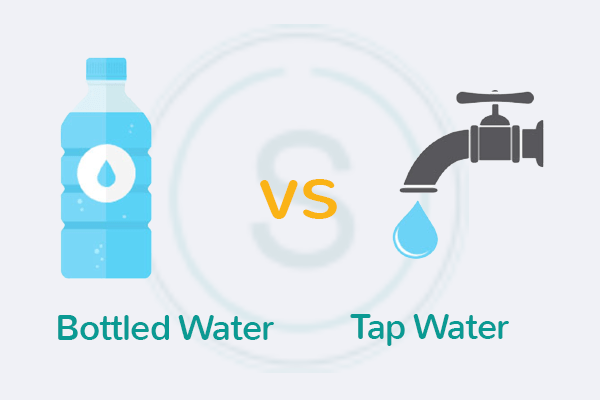Bottled Water vs Tap Water: Which one is safer to drink?
Side effects of drinking bottled water
The health care professionals at SMILES outlined some of the potential effects of drinking bottled water.
1. Plastic toxicity
Plastic containers contain a famous toxic chemical called Bisphenol-A or BPA. This BPA is an endocrine disruptor that interferes with normal hormone function especially estrogen. The chemical leaches from its plastic source out of the bottle and enters into the water that leads to a host of health problems.
Even though the FDA banned the use of BPA in baby bottles, however, it is likely found in many other plastics. So, look for bottles that say BPA free on the label to minimize plastic exposure.
2. Lack of Fluoride
Fluoride is a naturally occurring mineral that helps prevent tooth decay and gum damage. The fluoride content in bottled water varies greatly where the vast majority of bottled waters do not contain optimal levels of fluoride and sometimes contain no fluoride. When the water is treated before it is bottled, fluoride may be lost.
The centers for Disease control explain that fluoride exists naturally in tap water and thus it is recommended for good oral health.
3. Contamination
Plastic contamination is uncontrolled in bottled water. Researches found 325 microplastic particles per liter of bottled water. These particles in plastic water bottles can cause an increased amount of bacteria that leads to indigestion and inhalation and sometimes maybe the cause psychological barriers.
Remember, drinking significantly less or no plastic from tap water is beneficial than bottled water.
Other downsides of bottled water
For the consumer, bottled water is more expensive than tap water. And the biggest downside of bottled water is environmental problems. A few of such environmental problems caused by plastic bottles include:
Packing, transporting, and freezing bottled water uses significant fossil fuels.
Most plastic bottles are landfilled, where they decompose very slowly and release toxic chemicals.
Moreover, many plastic bottles end in the oceans, contributing to the massive problem of plastic pollution
SMILES suggest to cut down bottled water and consume tap water, not only for environmental safety but also for your health as well.

